With special and outstanding preferential policies, the teaching profession has more motivation to affirm its noble position, true to the mission of "cultivating people" and worthy of society's trust and entrustment.
Dr. Nguyen Tung Lam - Vice President of the Vietnam Association of Educational Psychology, Chairman of the Education Council of Dinh Tien Hoang High School (Hanoi): Paving the way to improve the teaching profession
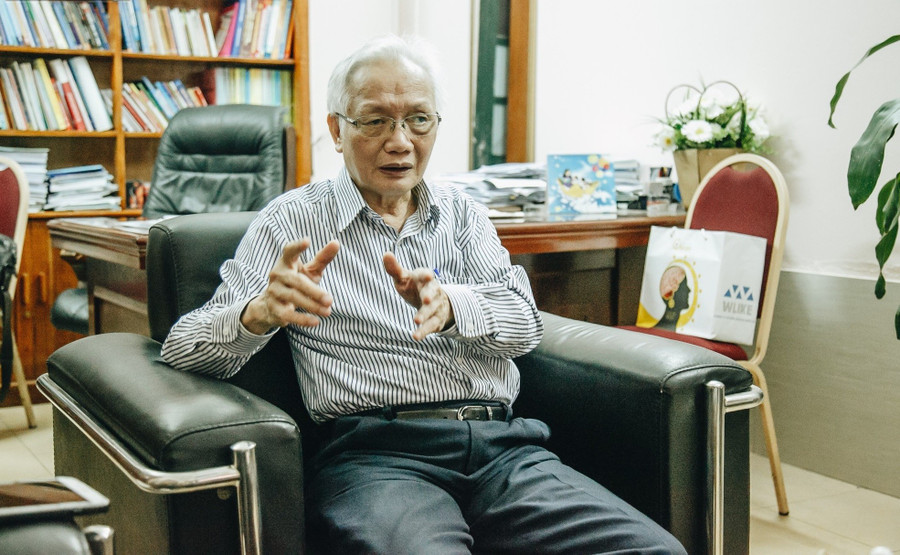
Resolution 71 is considered an important milestone, demonstrating the determination for comprehensive reform, creating the foundation for fundamental changes in the national education system, and at the same time requiring strong policy innovation for the teaching staff, considering this the key to improving the quality of education and developing national human resources.
For many years, the teaching profession has been honored by society as a noble profession, but in reality, there are many pressures and challenges. Teachers' income, benefits, and working conditions are not really commensurate with their role and mission. Resolution 71 is expected to open up breakthroughs in policy reform, from recruitment, training, fostering to benefits, in order to attract good human resources to the industry, while encouraging teachers to stick around and contribute long-term.
In particular, the Resolution emphasizes the development of a mechanism to ensure the social status and life of teachers, helping them to devote themselves to the cause of educating people. This is an important step so that the teaching profession not only maintains its noble title in social perception, but also truly becomes an attractive profession, guaranteed by fair, transparent and sustainable policies.
With that spirit, teachers across the country have high expectations for the synchronous and drastic implementation of all levels and sectors so that the Resolution can come into life, bringing about practical and long-term changes, making the teaching profession a solid foundation for the country's development.
Prof. Dr. Nguyen Dinh Duc - former Chairman of the Council of the University of Technology ( Hanoi National University): Only with practice can morality be upheld.
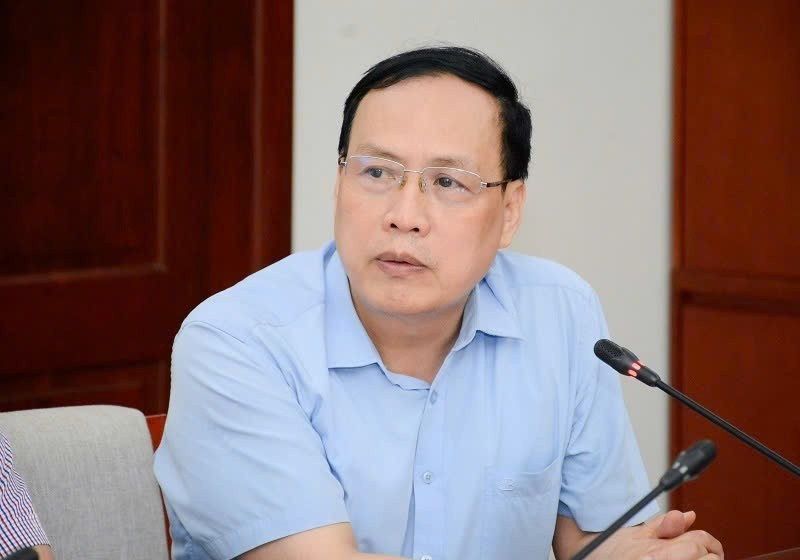
A very strong commitment in Resolution 71 is to spend at least 20% of the total State budget on education, and at the same time issue large preferential policies for the teaching staff. I support this policy because "only with food can we practice morality". Increasing budget spending on education and on teachers not only demonstrates the practical concern of the Party, but is also a specific solution to realize the strategic goals of the sector.
Adequate investment resources will create conditions for school modernization, ensuring "school after school, class after class", equipping facilities and advanced technology to improve training quality. Thereby, training activities are more closely linked with research, innovation and cooperation with businesses.
In particular, the improved remuneration policy is a great encouragement from the Party and the State for teachers. When life and income are improved, teachers will feel secure in their work, wholeheartedly devote themselves to the career of "cultivating people", and at the same time increase the attractiveness of the profession to society.
These strong financial solutions will be an important "lever" that directly improves the quality of education, contributing to the faster and deeper integration of Vietnamese higher education with the region and the world .
Ms. Nguyen Thi Viet Nga - Member of the National Assembly's Committee on Culture and Society: Focus on three main groups

The special point of Resolution 71 is that the Politburo identifies comprehensive, synchronous and strong enough solutions to remove long-standing obstacles; focusing on three main groups:
Firstly, fundamentally address the institutional issues. Resolution 71 aims to perfect the legal system on education, ensure long-term stability, and overcome fragmented changes. When the legal framework is clearly and transparently established, policies on finance, personnel, programs, accreditation, etc. will be easily put into practice.
Second, increase investment and prioritize resources. The Resolution affirms that it is necessary to increase the proportion of budget expenditure for education, while mobilizing and diversifying social resources. In particular, focus on investing heavily in preschool and general education in disadvantaged areas and give priority to key universities that train high-quality human resources. This is a reasonable allocation method that both ensures social equity and creates motivation to improve international competitiveness.
Third, improving policies for teachers is a decisive solution. For the first time, the remuneration policy for teachers is placed on par with other strategic issues. When their living standards, income and career development opportunities are guaranteed, teachers can devote themselves wholeheartedly, thereby improving the quality of education and training.
I believe that, with high political determination and an effective implementation mechanism, Resolution 71 can absolutely create significant changes. Reality has proven that whenever there is a breakthrough in institutions and resources, education immediately has positive changes. The most important issue now is implementation. The National Assembly, the Government and the whole society need to accompany, supervise and ensure that the Resolution is implemented consistently and does not slow down in the process of entering life.
The expectation of the current teaching staff is that the breakthroughs from Resolution 71 will soon be institutionalized by specific policies, and practically implemented in life. When guaranteed in terms of law, resources and remuneration, the teaching profession will truly become a noble profession, worthy of its central position in the career of "cultivating people", meeting the requirements of innovation and development of the country in the new period.
Ms. Ho Thi Minh - National Assembly delegate, Deputy Director of the Department of Ethnic Minorities and Religions of Quang Tri province: Long-term investment strategy
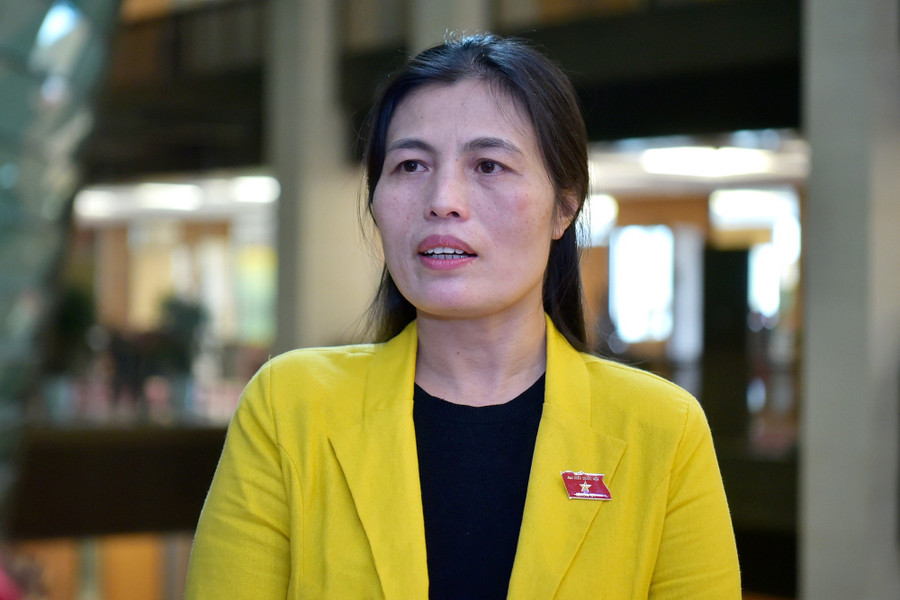
In my opinion, the biggest problem in the lives of teachers today is that their income is not commensurate with their responsibilities and professional pressure. Although many improvement policies have been issued, the basic salary is still lower than the average income level of society. Meanwhile, teachers have to undertake many tasks outside of teaching such as managing records, working part-time, extracurricular activities, etc. The difference between the workload and the benefits they receive makes many teachers discouraged and leave the podium.
To untie this knot, I think we need to look at the issue in the context of the overall staff development policy, focusing on reforming salary and benefits policies. This is also an important direction in the Law on Teachers and Resolution 71.
First of all, it is necessary to implement the principle of paying salaries based on job position and performance, instead of just on seniority. This will encourage teachers to improve their professional capacity and stick with the profession for a long time. The Law on Teachers also requires that teachers' income must reach a fairly average level in society, creating a balance with the special role of the teaching profession.
In addition to salary reform, a series of complementary solutions need to be implemented synchronously. That is, building a specific allowance mechanism according to region, subject and workload; at the same time, expanding social welfare policies such as insurance, health care, housing support, so that teachers can work with peace of mind, especially in remote areas.
Resolution 71 also emphasizes the need to improve the social status of teachers, considering this an important solution along with the remuneration policy. That means there needs to be programs to honor and encourage creativity, expand career advancement opportunities, and create a democratic and humane working environment.
Obviously, solving the problem of teachers' income is not only a financial issue, but also a long-term investment strategy for the quality of national education. When policies on salaries, allowances, welfare and professional honor are implemented synchronously, in line with the Law on Teachers and the spirit of Resolution 71, the teaching staff will truly become the center of educational innovation. And that is also the commitment of the State and society in preserving and developing key human resources for the future of the country.
Mr. Dang Quoc An - Principal of Tran Nhan Tong High School (Mao Khe, Quang Ninh): Raising great expectations for teachers

Resolution 71 directly addresses many important benefits of school administrators, teachers and staff. The Resolution clearly states that there are special and outstanding preferential policies for the teaching staff; increasing the preferential allowance for preschool and primary school teachers to at least 70%, for school staff to at least 30%, and 100% for teachers working in particularly difficult areas, border areas, islands, and ethnic minority areas. This is a superior policy, creating motivation, retaining good teachers and attracting more high-quality human resources to the profession.
In addition, the Resolution also encourages talented people outside the education sector to participate in teaching and training at training institutions. The mechanism of joint lecturers for outstanding individuals in public service units, as well as encouraging them to preside over scientific research activities at schools, is a creative and practical direction.
The increase in preferential allowances for teachers and staff is great news for millions of teachers across the country. The resolution has contributed to solving the "bread and butter problem" that has long been a concern for teachers, so that they can work with peace of mind and be dedicated to their profession. At the same time, the increase in budget spending for education also helps schools to be more proactive in investing in facilities and equipment, gradually modernizing teaching and learning activities.
I believe that the Politburo’s issuance of Resolution 71 is timely, creating the premise and launching pad for teachers to continue their mission of “creating the future generation” – the country’s masters in the era of integration and development. When properly invested, the quality of comprehensive education will certainly be improved.
It can be said that Resolution 71 not only brings joy, but also ignites great expectations in the teaching staff nationwide. Comprehensive attention from institutions, policies to resource investment is proof of the determination of the Party and State in elevating the teaching profession. The teaching staff believes that when these correct policies are soon concretized and effectively implemented, the teaching profession will truly become a noble profession, contributing to fostering knowledge, personality and development aspirations for generations of Vietnamese citizens in the new era.
When teachers are respected both materially and spiritually, they will have more motivation to innovate teaching methods and develop students' capacity according to global citizen standards.
Source: https://giaoducthoidai.vn/chinh-sach-uu-dai-voi-giao-vien-nang-tam-nghe-giao-kien-tao-the-he-tuong-lai-post752074.html














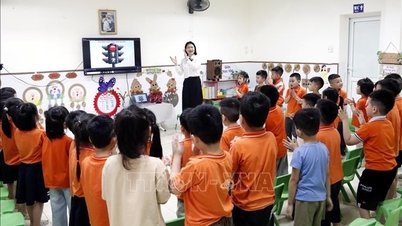

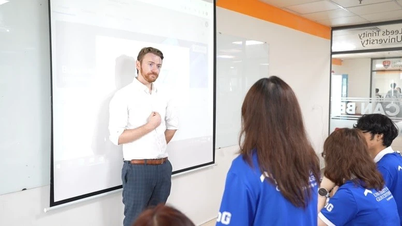
















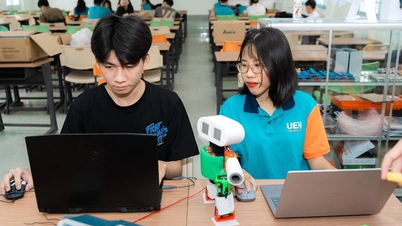
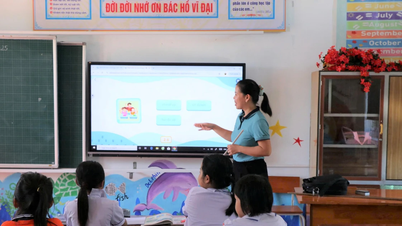
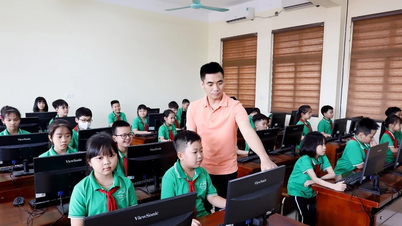


















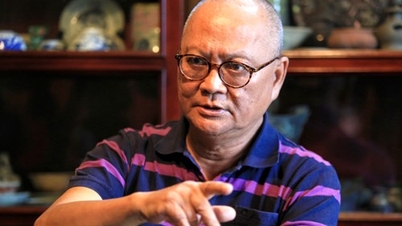



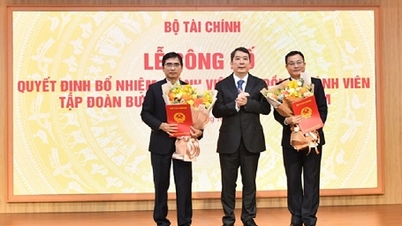

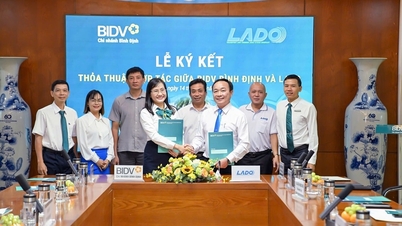











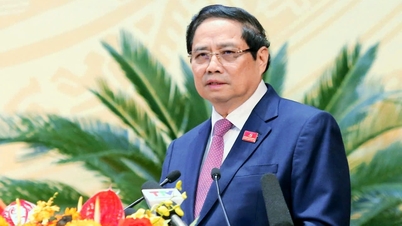


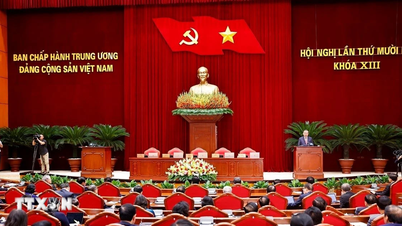



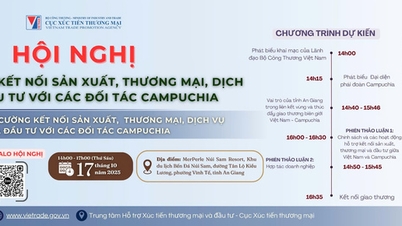







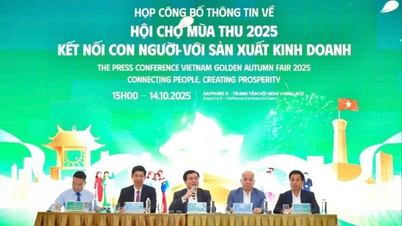


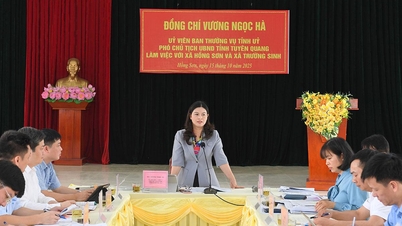


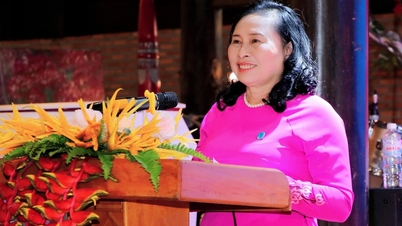


















Comment (0)